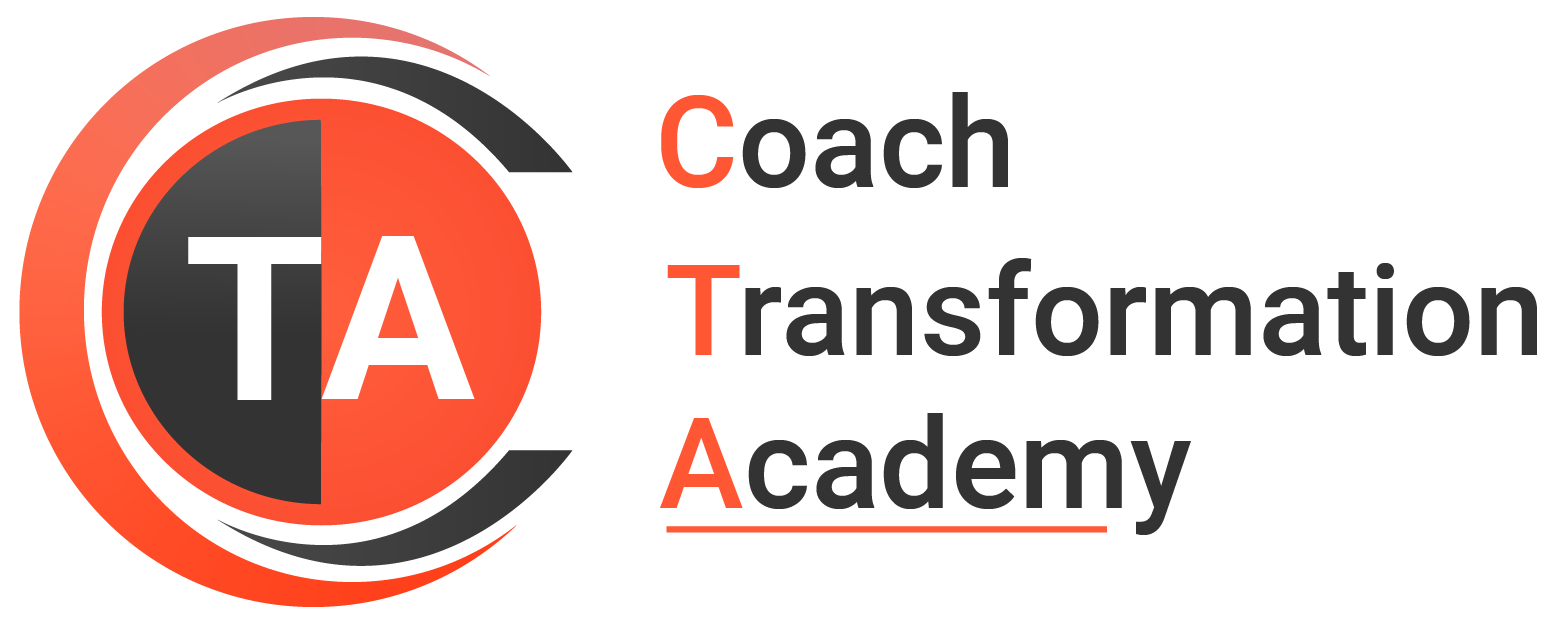The concept and relevance of coaching are contextual to the situation. It can be an effort to improve a sports team, or motivation and support provided to an individual to transition into a higher life state. Or to wade through personal and professional hurdles. Mostly, the coaching process is interactive that helps the client in self-realization.
The effectiveness of coaching is quite far-reaching, and hence it’s increasing popularity among the masses. Surveys conducted by the International Coach Federation revealed that the number of managers/leaders using coaching skills increased by almost half (46%). And nearly 68% of them are female. 99% of participants found coaching sessions as rewarding, with 96% admitting that they would continue with the sessions. So, what is the coaching process, and how does it work for people?
What is the coaching process?
Coaching is an interactive process of self-discovery where a coach supports the client to overcome challenges by taking action. It’s more of partnering in a thought-provoking environment. The coaching process involves:
- Invoking reliability in the client with the belief that he/she can work through the problems and find sustainable solutions if provided a safe space and needed support.
- Going beyond the restrictions and limitations of a perspective building so that it does not affect the mind and one’s actions.
- Attaining clarity of thoughts and mind.
- Conducting constant self-assessment and be reflective of one’s actions.
- Learning to work with another individual and nurture the relationship to fulfill both common and personal goals.
The coaching process thrives on the idea that each individual has the power and ability to solve their own problems, provided they are given sufficient support and space to ponder on the issues at hand and talk about the same. A coach listens and makes queries; however, it is not his/her job to give advice or provide solutions.
What are the key components of the coaching process?
The coaching process comprises different layers, enabling the client to identify the issue, confront it, reflect on self-action, followed by the realization, and ultimately find a solution.
- Data Gathering and Assessment – The coaching process commences with the assessment. The coach leads the client to self-assessment to determine both personal and professional goals. Leading questions and conversations allow the coach to better understand the client by identifying the values, motivations, and emotional triggers. The client gets a clear idea of his/her strengths, weaknesses, concerns, ambition, and outlook towards life. This stage ends with the coach and the client working together to set specific goals to be achieved through sessions.
- Inquiry, Reflection, and Practice – Assessment is followed by the circle of query, reflection, practice, and improvement to increase self-awareness in the client. Identification of one’s thought and behavioral patterns helps understand how the client’s mind works and explores the problematic areas. Once the client understands the exact hindrances that stop him/her from reaching full potential, addressing the same, and inculcating new, better practices become easy.
- Coaching Completion – This is the last stage of the coaching process. At this culmination point, the client is led to evaluate his/her progress and draft a blueprint for better approaches.
Conclusion
The Coach Transformation Academy (CTA), one of the leading coach training institutes, has designed 4 steps of the coaching process, included within the training modules. They are:
- Past Unconsciousness Beliefs
- Present Troubled State
- Reframing
- Future Desired Resourceful state
The institute has a comprehensive coach training programs designed to help the aspirants imbibe the core competencies related to the coaching process. Feel free to contact us to know more about our coaching courses and certifications.






